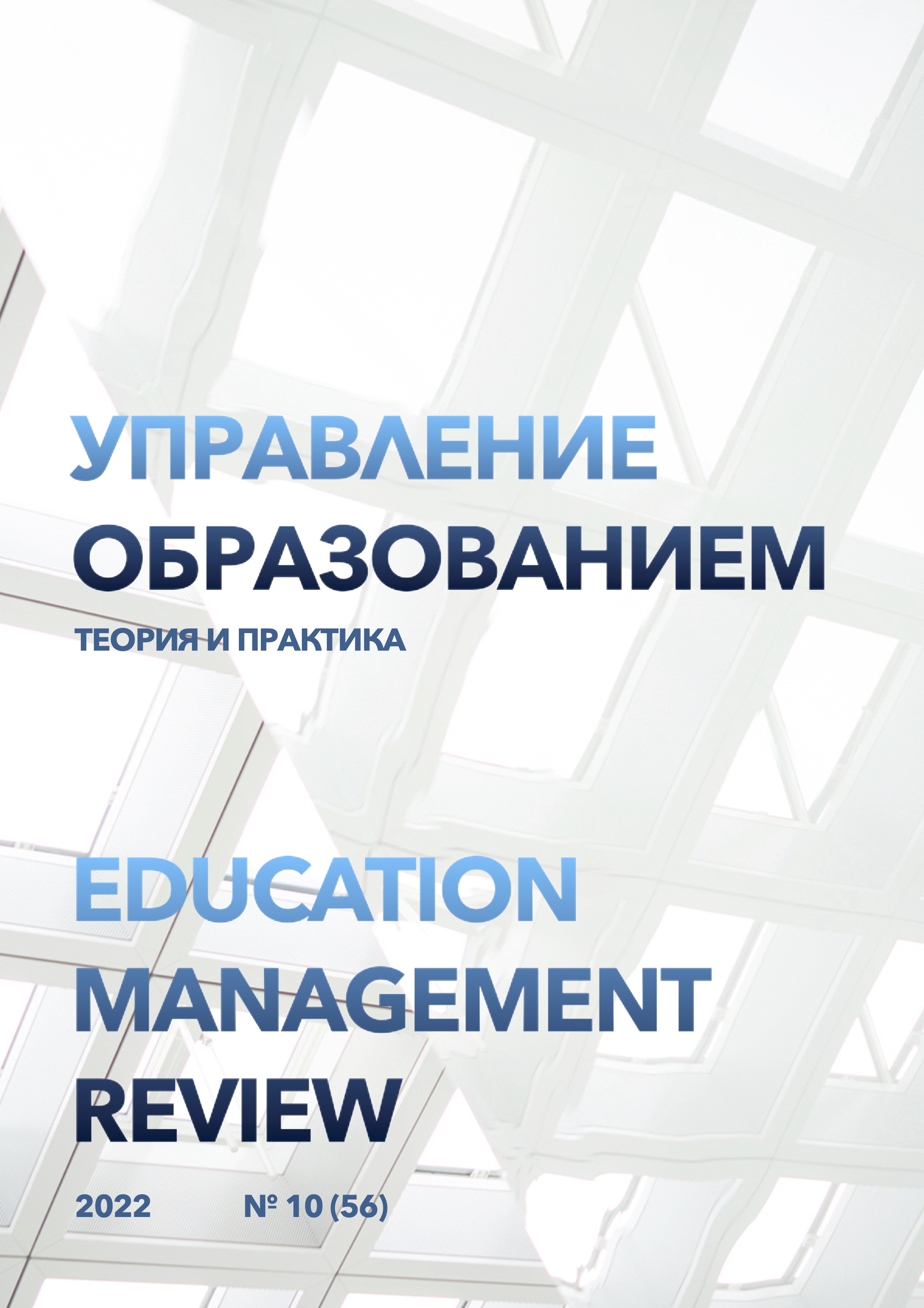Structurality of university management in the context of reforming the educational system
DOI:
https://doi.org/10.25726/z7268-2753-7654-bKeywords:
university, foreign language, teaching, methods, researchAbstract
In modern conditions, knowledge of foreign languages is a means of achieving success, that is, further professional self realization of students. To achieve a high level of proficiency in foreign languages, students need comprehensive training. To do this, teachers should study and generalize the teaching methods already available, as well as be informed about modern methods and technologies in order to determine the most effective teaching methods. The relevance of the article is precisely due to the need to master the knowledge of such methods and the ability to apply them in practice. The article uses historical and comparative methods, which make it possible to comprehensively consider the history of methods of teaching foreign languages, and also analyzes the experience of teaching a foreign language in modern universities. The historical method allows us to show the process of developing a methodology for teaching foreign languages in a clear chronological sequence. Modern methods of teaching a foreign language, like any other science, are in constant development and creative search. The historical method is dynamic and relatively easy to understand. The comparative method allows us to study the similarities and differences in the teaching of foreign languages. Each method has objective value under certain circumstances.
References
Альмяшов Л.В., Кокорина И.Н., Овчерук Л.Д., Овчерук Л.Д. О психологически комфортной системе ведения занятий на иностранном языке // Молодой ученый. 2016. №6 (110). С. 725-728.
Белогаш М.А., Мельничук М.В. Когнитивные аспекты развития информационнообразовательной среды в высшей школе в эпоху цифровизации // Российский гуманитарный журнал. 2020. № 9 (2). С. 123 - 132.
Дробышева Н.Н. Иноязычная подготовка в эпоху цифрового образования высшей школы и роль преподавателя // Мир науки, культуры, образования. 2021. № 2 (87). С. 58 - 60.
Кафтайлова Н.А. Методика формирования грамматической компетенции как средства межкультурной коммуникации (языковой вуз, немецкий язык) // автореф. дис. канд. пед. наук: 13.00.02. М., 2010. 24 с.
Мельничук М.В. Когнитивные карты компетенций развития человеческого капитала в высокотехнологичных и наукоемких отраслях экономики // Современная наука: актуальные проблемы теории и практики. Серия: Экономика и право. 2021. № 8. С. 78 - 84.
Мирзоева Ф.Р. Формирование умений в системе универсальных компетенций в процессе изучения иностранного языка в аспирантуре // Мир науки, культуры, образования. 2021. № 2 (87). С. 49 - 51.
Тарева Е.Г. Межкультурный подход к подготовке современных лингвистов // Проблемы теории, практики и дидактики перевода: сб. науч. тр. Серия: Язык. Культура. Коммуникация. Н. Новгород: НГЛУ. 2011. Т. 1, Вып. 14. С. 237-244.
Томилова В.М. Обучение аспирантов иностранному языку: цели, задачи, перспективы // Медицинское образование и вузовская наука. 2017. № 1 (9). С. 73 - 77.
Широких А.Ю. Составление онлайн-глоссариев как метод самостоятельной работы студентов и способ развития «мягких» навыков //Человек и образование. 2021. № 1 (66). С. 119 - 124.
Besedova, P. (2016). Music as an intercultural medium in foreign language teaching // The European Proceedings of Social and Behavioural Science, 2016. - Pp. 646 - 662.




